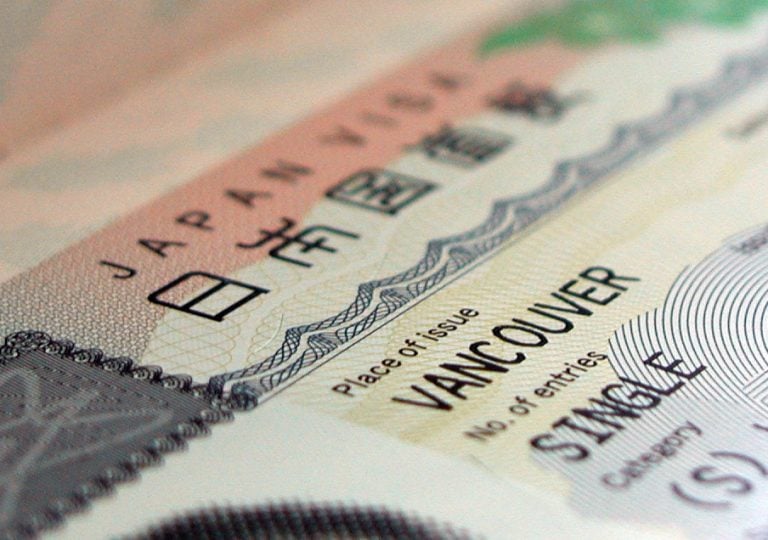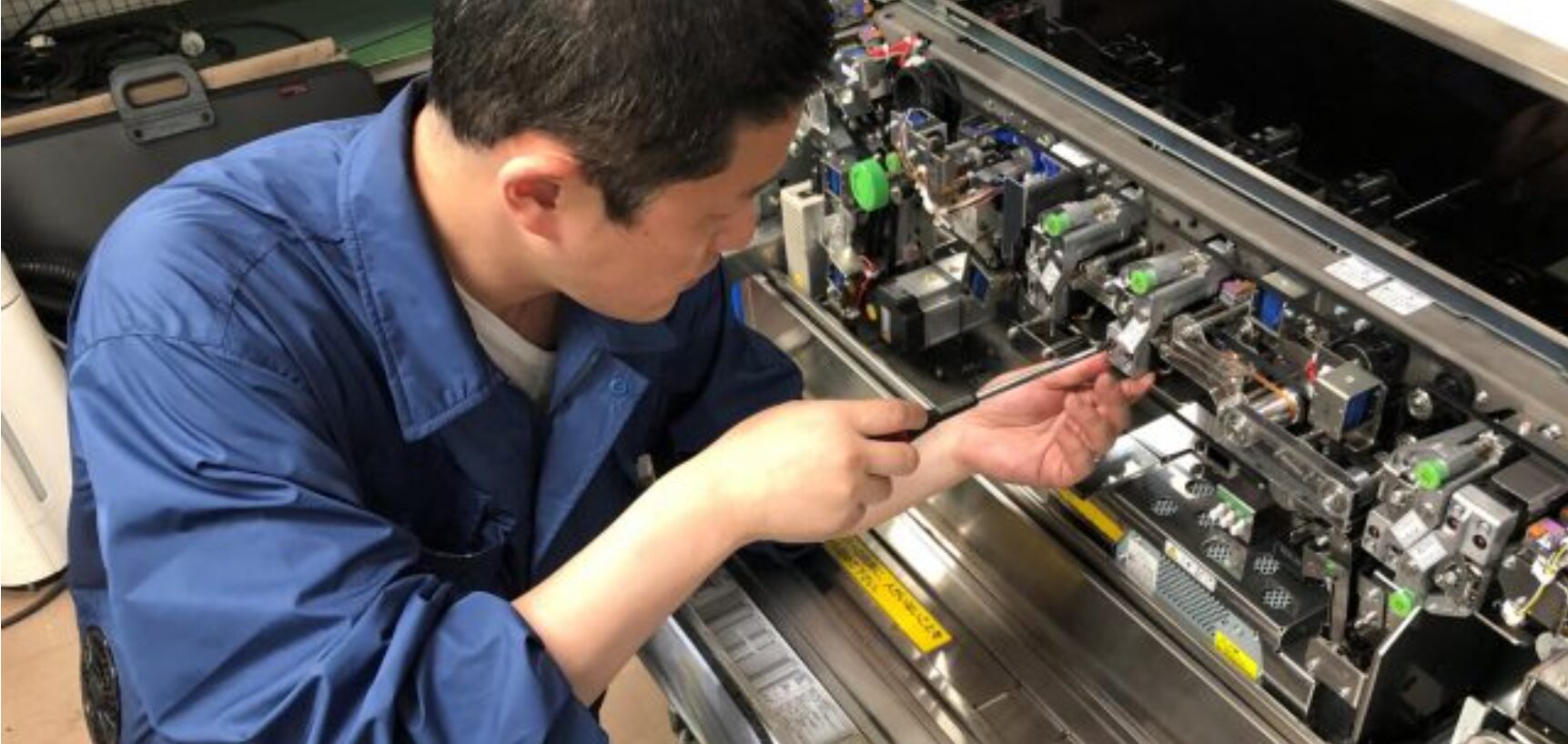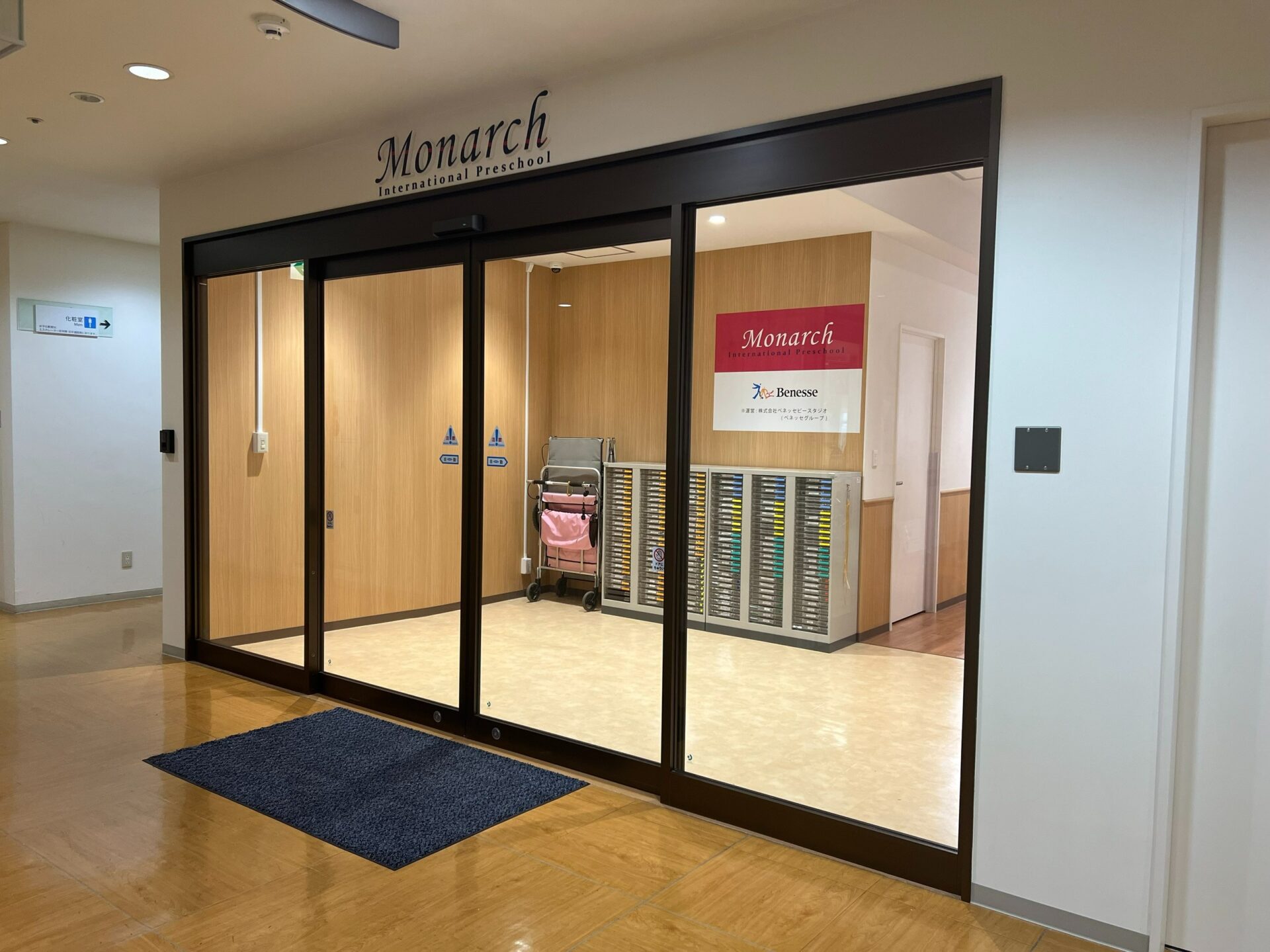
With around two million expatriates currently residing in Japan, the idea that Japan is closed to or very difficult for foreigners to find work is becoming more and more dated. With the right visa, there are many work opportunities in Japan. The right visa however is the key, as Japan’s visa system is somewhat bloated with bureaucracy and can be complicated for new arrivals, or even veterans of the system. The good news is that this is Japan after all, and so long as you follow the procedures correctly, things usually go fairly smoothly.
Today let’s have a look at these procedures, and answer some questions such as “What kind of Visa do I need for this job”, “Do I need a university degree for a visa in Japan” and more.

How to get your first Work Visa in Japan
It is often said that the first work visa is the hardest to get in Japan. This idea comes from the fact that more companies would rather hire someone who is in country, and already has a work visa, rather than go through the sponsorship process. Whilst this advice is still true, it is getting easier to find a position that will sponsor the first visa. The good news is that there are many inroads to a work visa in Japan, and changing work visa type is easier than starting from zero (more on work visa types later).
One of the most common first visa’s for people from English speaking countries is as an English teacher. English schools and public schools in Japan are constantly on the hunt for new English teachers, and such jobs that offer visa sponsorship are plenty. The Jet Programme is also another such inroad to a visa in Japan. However English teaching jobs are not the only route to your first work visa.
Take a look at the job postings on Jobs in Japan, many of the listings include visa sponsorship. At the time of writing, including “Visa” in the search keywords resulted in 63 job listings! Software Engineering jobs are increasingly being advertised with visa sponsorship, especially to those with experience.
Another common method to obtain a work visa in Japan is through your countries work holiday program. Whilst this visa type is not the best for long term employment, it takes the burden off an employer of having to sponsor your visa. With a work holiday visa you can start working straight away, and work whilst the sponsorship process proceeds, or whilst searching for a job in country. If you do go through this route, try to get onto a proper work Visa ASAP! This is because the tax rate on a work holiday visa is very high, at 20.42% with no deductions.
Types of Work Visas in Japan
Japan divides it work visa’s based on the type of employment that sponsors the visa. What this means is that if you are hired as a software engineer, you will receive a visa which allows you to work as a software engineer, but not as a chef. This is important to keep in mind. It is possible to change visa designations, but it is a relatively long process and you will not be allowed to work in the new position if your current work visa does not match. Let’s take a look at the types of work visa in Japan.
- Engineer/Specialist in humanities/International services (IT engineers, foreign language teachers in language schools, interpreters etc.)
- Instructor (teaching schoolchildren/ high school students in school)
- Professor (University)
- Artist
- Journalist
- Business manager
- Legal/Accounting services (certified in Japan)
- Medical services (certified in Japan)
- Researcher
- Intra-company transferee (Examples: people transferred to the Japanese branch (head office of the same company, etc.)
- Entertainer
- Skilled labor
- Specified skilled worker (specific industrial fields)
- Technical intern training
- Religious activities
In addition to these work visas, there are other visas available to non-nationals of Japan that allow work. These include spouse visa, student visa (limited hours) and start up visa.
Visa Renewal
Work visas in Japan are issued as either 1 year, 3 years or 5 years. There doesn’t seem to be any rhythm to it, and anecdotal evidence suggests it is entirely up to the whim of the immigration officer. The renewal system is a fairly simple process, albeit tedious. So long as you are still with your employer or with a new employer in the same field, you are very likely to receive an extension.
In order to renew a work visa in japan, you must submit an application in person to the regional immigration office as per your address. The process will take two to four weeks, and then you will need to visit again to pay 4000 yen and receive your new visa. You can find the correct immigration office for your area on the official website for Japan immigration.
Seven Common Misconceptions and Questions about getting a Work Visa in Japan
I can come to Japan on a Tourist visa and find a job.
Technically you cannot change from a tourist visa to a work visa under Japanese immigration law. However, this law has so often been waived or ignored that anecdotal evidence suggests otherwise! Recent shifts however are leading to this law being enforced. There is a high risk that you will not be able to change from a tourist visa to a work visa going forward.
But can I switch from a tourist visa to a work visa?
In the past it was very common and likely, but this seems to have changed with the immigration bureaus upgrade to the immigration agency. Many employers that offer visa sponsorship will only accept applications from inside Japan. It therefore may seem easier to get a job by first getting in the country. The risk in this move however is that job hunting and applying for a job can take a long time. Additionally, you cannot open a bank account or get a proper phone number without a long term resident status. Job hunting without a stable internet connection for Skype interviews, or a proper telephone number for contacts can be difficult. Additionally, it takes a long period of time, especially around the main hiring period in Japan, for a work visa to process. You will not be able to start work until the visa is ready. Can you live without a wage for an extended period of time? And then after all that, there is a chance you will be told to return to your home country before the work visa can be processed.
I don’t need to worry about work visa’s whilst I am on a Working Holiday Visa.
This is true to the extent that a working holiday visa does not have any limitations except the adult industry. A working holiday visa is good for any field. There are a few serious downsides however. First, the tax rate is 20.42%, which can be a lot higher than the rate for usual first job level salaries. Working holiday visa tax is also calculated without deductions. Finally, some countries do not allow a transfer to a work visa from a working holiday visa.
I can work on a student visa.
Student visas do allow a limited amount of work in Japan. This amount of hours is capped at 28 hours per week, and this permission must be granted on the Visa separately.
Leaving Japan for a holiday or visiting home on a work visa is a tedious process.
As of 2012, you no longer need to apply for a re-entry permit when leaving the country. The process has been simplified, and you now only need to inform intent to reenter to an immigration officer at the airport. They will ensure your Visa remains valid by attaching a “Disembarkation card for reentrant” onto your passport.
I need a university degree to work in Japan.
Not having a university degree will be a massive hindrance toward any effort to find employment and obtain a work visa in Japan. Firstly, many positions will list a degree as a prerequisite. Secondly, it is the easiest way to meet the requirements for obtaining a work visa from immigration agency. It is not however the only way to meet those requirements. The immigration agency will also accept three years of professional work experience in lieu of an official degree. If you can find a position that doesn’t list a degree as a hard prerequisite, and you can demonstrate three years of professional experience, you can obtain a Japanese work visa without a university degree.
If I leave my job I also lose my Visa.
This is false. A Japanese work visa is valid until it expires, and you may continue working with it at another company, so long as the activities match. However, if you do leave a job, you are required to inform immigration. If you do not have a new job within three months, immigration has the right to revoke the visa. However, they may or may not do this. In my experience, if you are actively searching for a job in good faith, they will not revoke the visa.
If I leave my job but my Visa is still valid, I don’t need to contact immigration.
If you leave or lose a job, you are required to inform immigration. If you do not have a new job within three months, immigration has the right to revoke the visa. However, they may or may not do this. In my experience, if you are actively searching for a job in good faith, they will not revoke the visa prematurely.
I hope this article will help you on your journey to a working life in Japan!





















